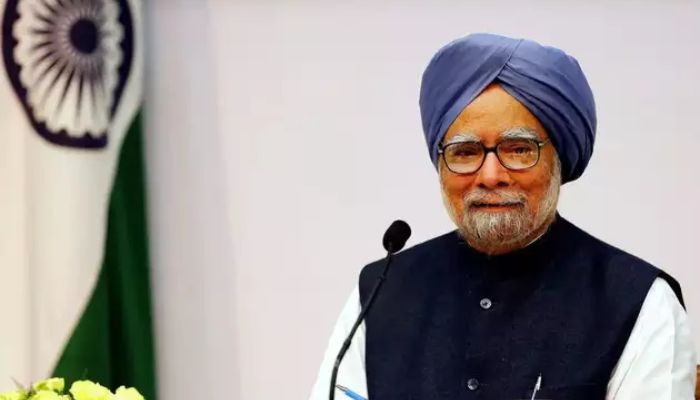Ease of doing business is an indicator taking into consideration different areas of business regulations in a country and rank them accordingly. The smaller the rank the better it is to do business in a country. A country with good ease of doing business ranking benefits by generating more jobs and ushering new technologies into the market. Back in 2015, the Indian Government aimed to attain the 50 top economies on the ease of doing business ranking by 2020 but they were at least 13 places behind, ranking at 63rd spot in the World Bank’s 2020 Ease of Doing Business report. Nevertheless, this was a huge improvement from 2019 when India ranked 77th after a meteoric jump of 23 places from the previous year. Out of all the 190 countries, India was one of the top 10 most improved countries and this feat has been achieved now three times in a row.
Doing Business covers 12 areas of business regulations out of which ten listed below are the ones on which countries receive their ease of doing business score and ranking.
- Starting a business
- Dealing with a construction permits
- Getting electricity
- Registering property
- Getting credit
- Protecting minority investors
- Paying taxes
- Trading across borders
- Enforcing contracts
- Resolving insolvency
You might also be interested to read: Building a Good Risk Management Policy
India has made significant improvements in many areas, including the ease of obtaining authorizations and permits to build a warehouse, which now costs only 4 percent of its overall value as compared to 5.7 percent from the previous year. India performed the best in the resolving insolvency category, as it improved its position to 52nd spot, after jumping 56 places from the previous year. Other key areas where India performed better were trading across borders, a jump of 12 places to 68th spot, and dealing with construction permits, a jump of 25 places to 27th spot.
Continuing with the regulatory reforms, the quality control of buildings has been taken care of through the increased requirements of professional certification. By creating an electronic system for all the stakeholders, improving the documentation system and upgrading ports, the Indian Government has eased the problems of importers and exporters. The country ranked 142nd in 2014 and over the years the position has improved by 79 places, which is a record among all the major economies. This steady rise can be attributed to the Indian Government’s reformist initiatives that may also help the country attract foreign investments, especially in the wake of the existing trade war between the US and China. Trading across borders will remain vital for India’s growth in the coming years.
The Ease of Doing Business report further highlights that there have been challenges in the implementation of reforms, but despite this, India has managed to see a steady rise in the number of reorganizations. This has largely been possible after an insolvency regime was established in 2016. It was designed to reform corporate laws and led to a number of reorganizations. It had a positive effect as the creditors’ recovery rate has improved to 72 cents on the dollar from 27 cents. This has led to India becoming one of the best countries in South Asia when it comes to OECD high-income economies.
Moving to other categories in the Ease of Doing Business report, India saw its ranking decline on two fronts. The getting electricity category saw India’s downfall to the 25th position, a decline of three spots, and protecting minority investors to 13th position, a decline of six spots. Meanwhile, the enforcing contracts category remained stagnant, as India maintained its 163rd spot. The scores for these three categories remained unchanged which meant that the World Bank did not record any new reforms. However, despite a decline in score in one of the categories, registering property, India’s ranking improved to 154th, a jump of 12 spots from the previous year.
India, along with the best performers in the 2020 Ease of Doing Business report, implemented 59 regulatory reforms for the period 2018-19. Junaid Ahmad, who is the World Bank Country Director in India, lauded India’s performance. He observed that despite being a very large and complex economy, India has managed great progress and termed it a tremendous achievement. Ahmad appreciated the efforts of the country’s leadership, both at the central and state level, in bringing business reforms. He further said that the focus must remain to improve the rankings further in the coming years. Besides India, the other nine countries that are a part of the list of 10 most improved economies are Saudi Arabia, Togo, Jordan, Pakistan, Bahrain, Tajikistan, Kuwait, Nigeria and China.
You might also be interested to read: Building Centers Of Excellence For Talent Management
Considering the positives from the 2020 Ease of Doing Business report, the Indian Government should be better placed to achieve its ambitious Make in India goals. It will also help the government attract the right investments in needy sectors. India must work on the parameters where it is lacking currently like getting electricity, protecting minority investors, enforcing contracts and registering property. If these sectors witness any major reforms besides the continued improvement in others, India will be well and truly on its way to breach the top 50 mark in the Ease of Doing Business.
Reference: India jumps to 63rd position in World Bank’s Ease of Doing Business 2020 report, economictimes.com, 24 Oct 2019






